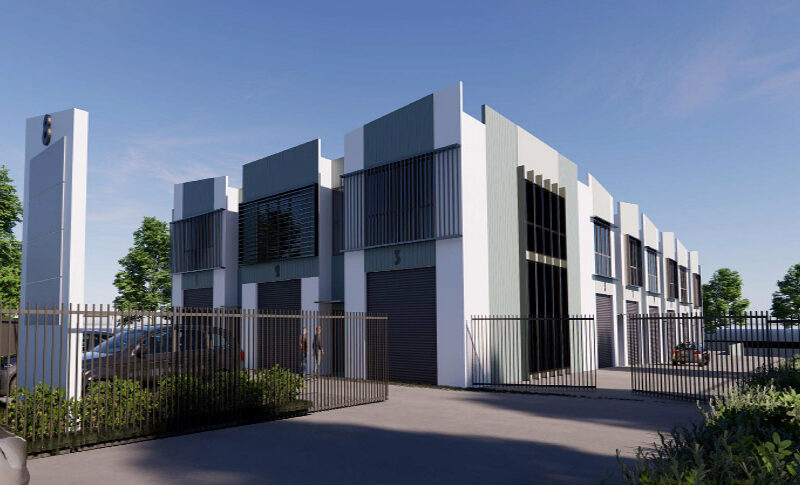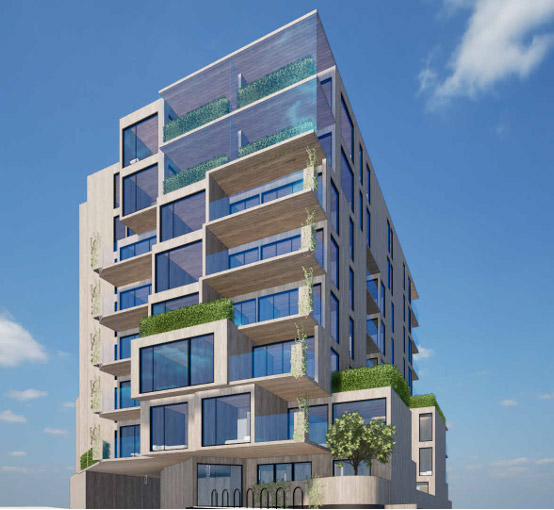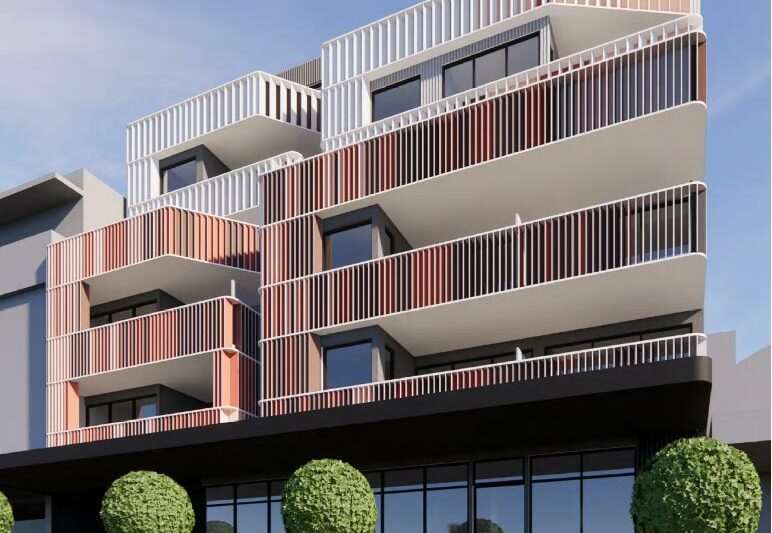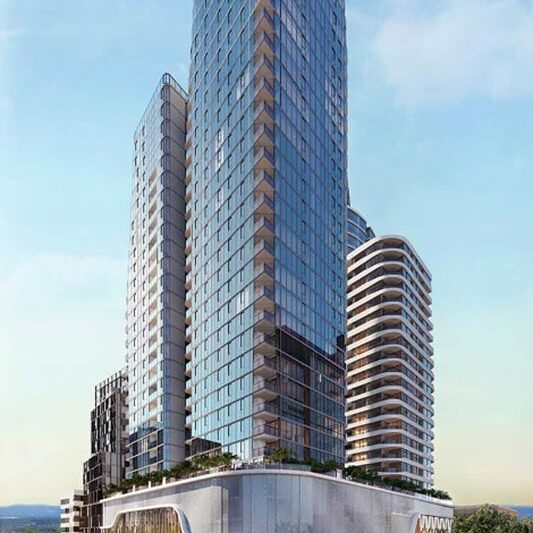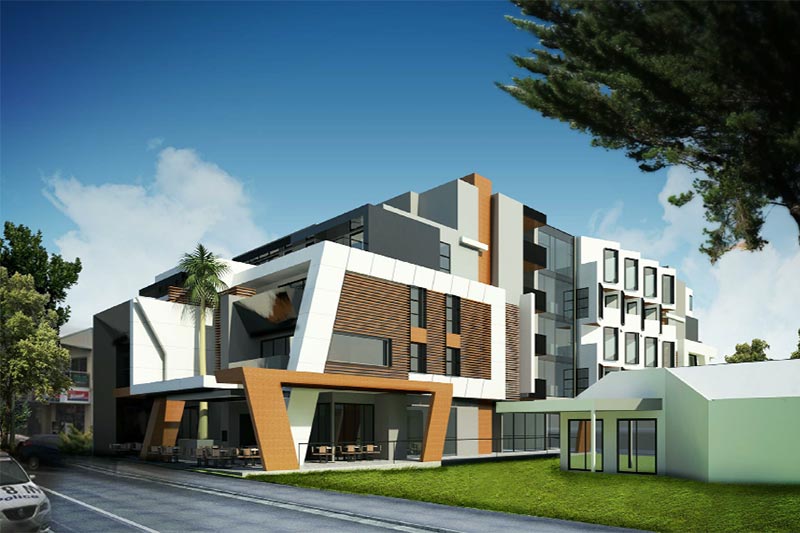
What is BASIX?
The Building Sustainability Index (BASIX) has been owned and administered by the New South Wales Government since 2004. It is a regulatory tool used to promote sustainable residential development. It assesses the energy, water, thermal performance and building materials of new residential development as part of the development application process in NSW.
The requirements apply to all residential dwelling types (as well as alterations or additions costing $50,000 or more):
- Class 1 – individual houses
- Class 2 – apartment buildings
What is a BASIX Certificate?
A BASIX certificate is a document generated by the BASIX online tool that includes provisions and requirements for residential developments to comply with the regulations.
The BASIX Certificate enables New South Wales to become a more sustainable state that promotes dwellings that reduce water consumption and greenhouse gases.
What is the NSW BASIX Checklist?
The New South Wales BASIX Checklist provides an itemised list of the information you need to complete a BASIX assessment. If there are sections that do not apply to your residential development, you can ignore those sections.
The checklist will include information details such as:
- Water Fittings – bathrooms, toilets. laundry and kitchen specifications.
- Energy Fittings – cooling, heating, cooking and ventilation specifications.
- Site Area – the lot that the house will be built on.
- Roof Area – This allows the assessor to assess how much of the roof can be used to harvest rainwater.
- Landscaping detail
- Contact details for relevant parties (e.g. applicant, owner builder, glazier, etc.)
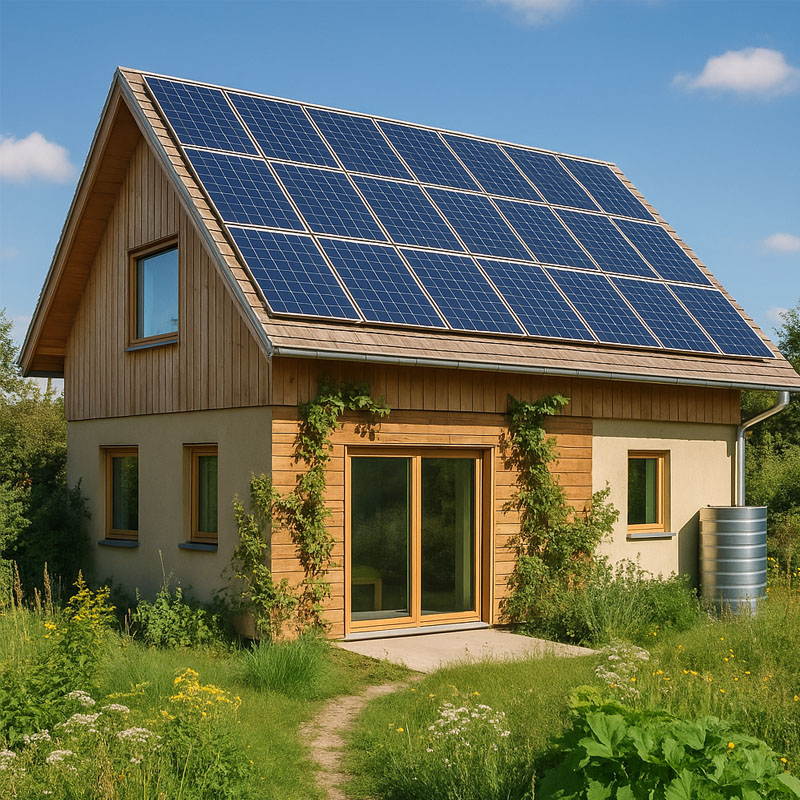
What are the sustainability indices of BASIX?
BASIX covers four categories: Water, Thermal Performance, Energy, and Materials.
Water
The water targets range from 0% to 40% depending on the climatic zone.
The BASIX water targets were determined from data provided by state and federal water utilities and long-term climate data from the Bureau of Meteorology.
Water consumption and savings will be assessed on:
- Landscape
- Fittings and fixtures
- Alternative water sources and how they are used
- Pools and outdoor spas
Thermal Comfort
The thermal performance component of BASIX aims to:
- Ensure thermal performance for a dwelling's occupants appropriate to the climate and season
- Provide the potential to reduce greenhouse gas (GHG) emissions from artificial cooling and heating through good building design and use of appropriate construction materials
- Reduce the demand for new or upgraded energy infrastructure by managing peak demand for energy required for cooling and heating.
Delivering a thermally comfortable home is critical in the sustainable design of new homes and apartments.
There are three key methods of assessing the thermal performance of residential dwellings in BASIX:
- NatHERS – for all types of dwellings using third-party software by accredited assessors
- BASIX DIY – for eligible single houses only and built into the BASIX tool 3
- Passive House – a third-party certification requiring high-performing building envelopes
These methods estimate the heating and cooling loads (i.e. the ‘thermal loads’), based on a dwelling’s:
- Construction and insulation including floors, walls, ceilings and roof
- Glazing and skylights based on size, performance, shading and overshadowing
- Natural cross ventilation
Energy
The energy target ranges from 10% to 50% reductions from the benchmark, depending on the climatic zone and the building type of the dwelling.
The BASIX targets are determined from data provided by state and federal energy and water utilities and the Bureau of Meteorology.
Energy consumption and savings will be assessed on:
- Hot water systems
- Heating and cooling
- Ventilation
- Lighting
- Pools and spas
- Alternative energy sources
- Other energy uses
Materials
The NSW Sustainable Buildings State Environmental Planning Policy (SEPP) came into effect in October 2023. This requires all residential development to quantify the embodied greenhouse gas (GHG) emissions of materials used in the construction of buildings.
This means that a new materials index module is now included in BASIX to estimate the embodied emissions.
The new BASIX materials index enables decision-making that aligns with the development application stage of development. To simplify the assessment at DA stage, it is based on generic materials and typical construction forms selected by the user for the following components:
- Floors
- Walls
- Roof and/or ceilings
- Windows
While some architects may attempt BASIX assessments independently, it's worth noting that this could lead to inaccurate results/assessments.
Additionally, with the new guideline requiring a 7-star energy rating for new dwellings, our expertise may be needed to ensure compliance.

Our fast & efficient process
Getting a 6 Star Energy Rating does not need to be timely, confusing or expensive.
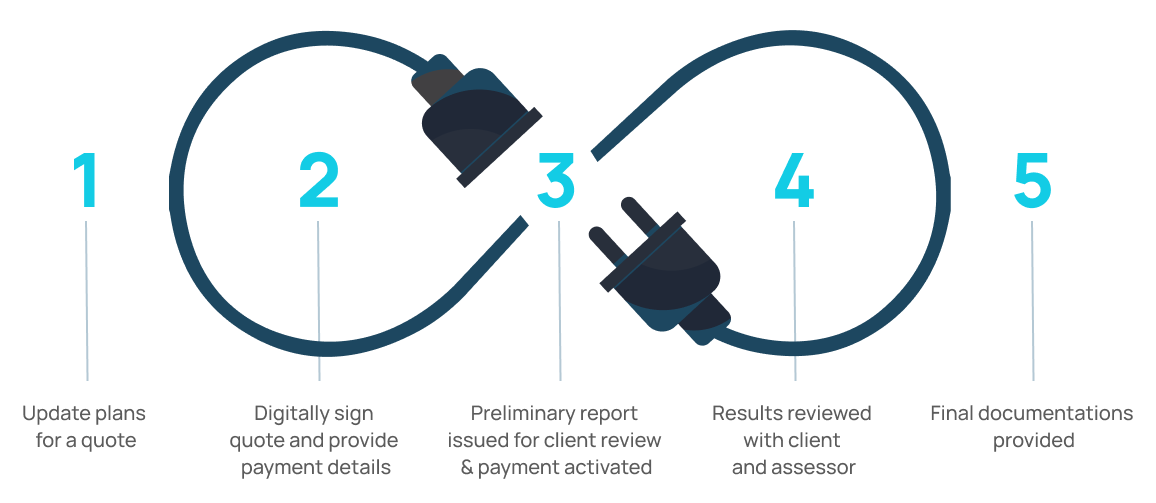
See our work
J1V3 Assessments: Flexible and Cost-Effective Solutions for Commercial Buildings
At the heart of our commercial building services is our expertise in preparing J1V3 assessments. These performance-based assessments offer greater flexibility than the standard Section…
Comprehensive ESD and Waste Management Solutions for Sustainable Living
For this residential development, we provided a range of Environmental Sustainable Design (ESD) services, including preliminary energy ratings, daylight modelling, and waste management planning. The…
Ensuring Year-Round Comfort and Natural Light with our Comprehensive ESD Services
For this residential apartment project, our team was engaged to provide a suite of Environmental Sustainable Design (ESD) services, including preliminary energy ratings and daylight…
Mastery in Large-Scale Sustainable Development
This ambitious project demonstrated that no job is too big for our team to handle. Comprising 540 apartments and eight levels dedicated to shopping, offices,…
Sustainable Mixed-Use Development Triumphs at VCAT
Our firm was commissioned to provide a suite of services for a complex mixed-use development comprising an apartment building, retail spaces, and a hotel. The…
